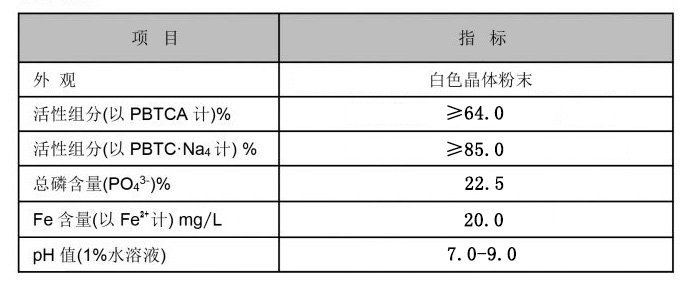partially hydrolysed polyacrylamide
Partially Hydrolyzed Polyacrylamide A Versatile Polymer with Diverse Applications
Partially hydrolyzed polyacrylamide (PHPA) is a water-soluble polymer that has garnered significant attention due to its versatile properties and applications across various industries. As a derivative of polyacrylamide, PHPA is synthesized by partially hydrolyzing polyacrylamide, which results in a product that possesses both hydrophilic and hydrophobic characteristics. This unique combination endows PHPA with the ability to interact with a variety of substances, making it a valuable material in fields such as agriculture, oil and gas, water treatment, and pharmaceuticals.
Properties of Partially Hydrolyzed Polyacrylamide
The primary characteristic of PHPA is its efficient water solubility, which facilitates its application in aqueous environments. Unlike fully hydrolyzed polyacrylamide, which can form strong gels, PHPA tends to create a more flexible and manageable solution, allowing for easier handling and application. The degree of hydrolysis can be carefully controlled during production, affecting the viscosity and molecular weight of the polymer. This ability to tailor the properties of PHPA makes it an attractive option for a wide range of uses.
Applications in Agriculture
One of the most significant applications of PHPA is in agriculture, particularly in soil stabilization and water retention. When applied to soil, PHPA can enhance the water-holding capacity, thus reducing irrigation needs and promoting better plant growth. It acts as a superabsorbent material, capturing moisture and releasing it slowly to plants, which is invaluable in arid regions where water is scarce. Furthermore, PHPA helps prevent soil erosion by binding soil particles together, improving soil structure, and promoting healthier root systems.
Role in Oil and Gas Industry
partially hydrolysed polyacrylamide

In the oil and gas sector, PHPA is widely utilized as a viscosifier in drilling fluids. Its ability to increase the viscosity of the fluid ensures optimal performance during drilling operations, allowing for better control over borehole stability and fluid loss. By improving the performance of drilling muds, PHPA contributes to more efficient drilling processes and minimizes environmental impact. Additionally, its use in enhanced oil recovery (EOR) techniques has shown promising results, as it can help mobilize trapped oil, thereby increasing recovery rates.
Water Treatment Applications
PHPA also plays a crucial role in water treatment processes. Its ability to flocculate suspended particles makes it an effective agent for treating wastewater and purifying drinking water. By facilitating the aggregation of particles, PHPA enhances the sedimentation process, leading to clearer water. Moreover, the polymer can be used to improve the efficiency of various filtration systems, thereby ensuring compliance with environmental regulations and promoting sustainable practices.
Pharmaceutical and Cosmetic Uses
In the pharmaceutical and cosmetic industries, PHPA finds applications as a thickening and stabilizing agent in various formulations. Its compatibility with different active ingredients makes it an ideal choice for creams, lotions, and gels, where it contributes to a pleasant texture and improves overall product stability. Moreover, its biocompatibility has led to research into its potential use in drug delivery systems, where it could enhance the absorption and release of therapeutic agents.
Conclusion
Partially hydrolyzed polyacrylamide is a remarkable polymer with a multitude of applications across different industries. Its water solubility, adjustable properties, and environmental benefits make it an essential component in agriculture, oil and gas, water treatment, and pharmaceuticals. As research continues to explore its capabilities, PHPA is poised to play an even more significant role in sustainable practices and innovative product developments in the future. The versatility and effectiveness of PHPA underscore the importance of polymers in addressing modern challenges across various sectors.
-
Water Treatment with Flocculant Water TreatmentNewsJun.12,2025
-
Polymaleic AnhydrideNewsJun.12,2025
-
Polyaspartic AcidNewsJun.12,2025
-
Enhance Industrial Processes with IsothiazolinonesNewsJun.12,2025
-
Enhance Industrial Processes with PBTCA SolutionsNewsJun.12,2025
-
Dodecyldimethylbenzylammonium Chloride SolutionsNewsJun.12,2025





